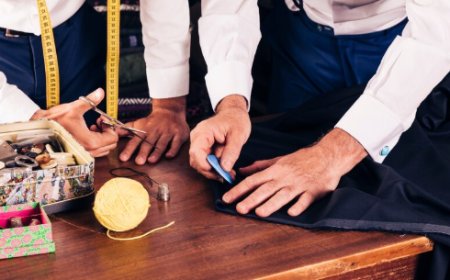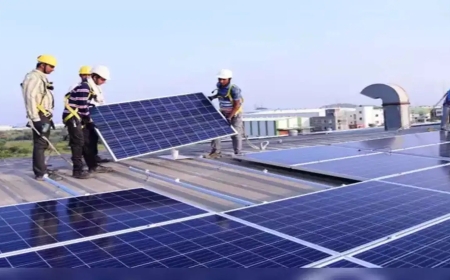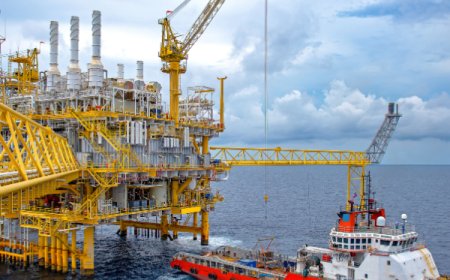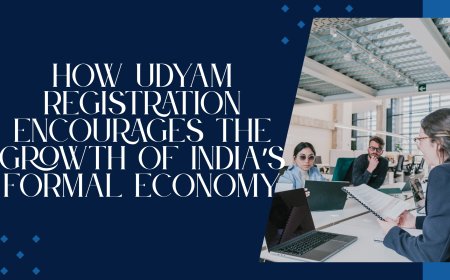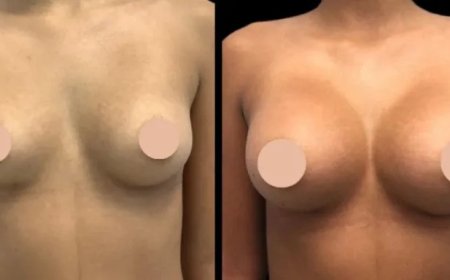What You Should Know About Gynecomastia in Islamabad Before Surgery

Gynecomastia, commonly referred to as the development of enlarged male breasts, is a condition that affects a significant number of men worldwide. While it is not typically harmful to physical health, it often has a considerable psychological and emotional impact. Men dealing with this issue may experience low self-esteem, social anxiety, and discomfort in their appearance.
For those considering treatment options in Pakistans capital, it is essential to understand the basics of gynecomastia in Islamabad before committing to surgery. This article provides a comprehensive guide to the causes, treatment options, surgical procedures, and recovery expectations associated with gynecomastia in this region.
Understanding Gynecomastia
Gynecomastia is the benign enlargement of breast tissue in males, often caused by a hormonal imbalance between estrogen and testosterone. The condition can affect one or both breasts, sometimes unevenly. It may be triggered by several factors including:
-
Hormonal changes (especially during puberty or aging)
-
Use of certain medications
-
Obesity and fat accumulation
-
Use of anabolic steroids or other drugs
-
Liver or kidney disorders
It is essential to differentiate gynecomastia from pseudogynecomastia, which is caused by excess fat rather than glandular tissue. A qualified medical evaluation is necessary to determine the correct diagnosis and treatment plan.
Growing Awareness of Gynecomastia in Islamabad
In recent years, awareness and openness about gynecomastia in Islamabad have increased significantly. More men are seeking consultation and exploring medical and surgical options to address the condition. This shift can be attributed to improved healthcare infrastructure, availability of qualified surgeons, and the desire for improved aesthetics and self-confidence.
Clinics across Islamabad now offer comprehensive diagnostic and treatment services for gynecomastia, often at more affordable rates compared to international procedures, without compromising on quality.
When Is Surgery Recommended?
Surgery becomes a viable option for gynecomastia when:
-
The condition persists for more than a year
-
Lifestyle changes and medications do not improve the condition
-
There is significant emotional or physical discomfort
-
There is a clear presence of glandular tissue and not just fat
Surgery for gynecomastia is typically elective and performed for cosmetic reasons, although it can also provide relief from physical symptoms like tenderness or swelling.
Choosing the Right Surgeon in Islamabad
If youre considering gynecomastia in Islamabad as a surgical option, choosing the right plastic or cosmetic surgeon is crucial. Look for the following criteria:
-
Board certification and medical credentials
-
Experience specifically in gynecomastia surgeries
-
Availability of before-and-after photos of past patients
-
Transparent pricing and clearly explained procedures
-
Positive patient testimonials and reviews
Some of the well-known names in the field include Dr. Abdul Khaliq, SKN Cosmetics, and Cosmesurge International Hospital, among others. These clinics are known for their experience, professionalism, and affordable packages.
Surgical Techniques Used in Islamabad
Two main techniques are used for gynecomastia surgery in Islamabad:
1. Liposuction
This technique is ideal for patients with excess fatty tissue but minimal glandular development. It involves the removal of fat through small incisions using a cannula and suction device.
2. Excision Surgery
When there is a more significant amount of glandular tissue or sagging skin, excision is performed. This involves cutting away the excess tissue through a small incision, usually around the areola.
In many cases, both liposuction and excision are combined for optimal results.
Cost of Gynecomastia Surgery in Islamabad
One of the reasons gynecomastia in Islamabad has become increasingly popular is the affordability of the treatment. While prices vary depending on the clinic, surgeon, and complexity of the case, typical costs range between PKR 80,000 to PKR 180,000.
Many clinics offer package deals that include consultation, surgery, anesthesia, medications, and post-operative garments. Financing and installment plans may also be available at certain facilities.
What to Expect Before and After Surgery
Pre-Surgical Preparation
Before surgery, you will undergo a thorough medical assessment. The surgeon will review your medical history, conduct lab tests, and discuss your goals and expectations. Patients are usually advised to:
-
Stop smoking at least two weeks prior to surgery
-
Discontinue certain medications like aspirin or anti-inflammatory drugs
-
Arrange for someone to assist during the recovery period
Surgical Procedure
The surgery is generally performed under local or general anesthesia and takes between 12 hours. Most procedures are done on an outpatient basis, allowing you to return home the same day.
Recovery
Recovery from gynecomastia in Islamabad is relatively straightforward. Most patients can resume light activities within 57 days, while full recovery, including returning to intense physical activity, may take 46 weeks.
Common post-operative experiences include:
-
Swelling and bruising
-
Minor discomfort or tightness in the chest
-
Wearing a compression garment to minimize swelling and support healing
The final results usually become visible within three months, with a flatter and more masculine chest contour.
Risks and Considerations
While gynecomastia surgery is considered safe, like all surgical procedures, it comes with potential risks such as:
-
Scarring
-
Infection
-
Asymmetry
-
Numbness in the nipple area
-
Unsatisfactory results
Choosing a qualified and experienced surgeon greatly reduces the likelihood of complications.
Final Thoughts
Dealing with gynecomastia can be physically and emotionally challenging, but you dont have to live with it forever. Thanks to the increasing availability of professional care, gynecomastia in Islamabad can now be treated effectively and affordably. Whether you opt for surgical correction or explore non-surgical options, proper guidance from a certified specialist can help you achieve the results you desire.















